Annalee Newitz writes science fiction and nonfiction. They are the nationally bestselling author of the books Four Lost Cities: A Secret History of the Urban Age and Stories Are Weapons: Psychological Warfare and the American Mind, and the novels The Terraformers (a Nebula Award finalist), The Future of Another Timeline (winner of the Sidewise Award), and Autonomous (winner of a Lambda Literary Award). As a science journalist, they are a writer for the New York Times and elsewhere, and have a monthly column in New Scientist. They have published in The Washington Post, Slate, Popular Science, Ars Technica, The New Yorker, and The Atlantic, among others. They are also the co-host of the three-time Hugo Award-winning podcast Our Opinions Are Correct. Previously, they were the founder of io9, and served as the editor-in-chief of Gizmodo. They have two black cats named Infrared and Ultraviolet, and they love noodles.
I had the opportunity to interview Annalee, which you can read below.
First of all, welcome to Geeks OUT! Could you tell us a little about yourself?
I’m a science journalist who also writes science fiction. My background in reporting on technology, archaeology, and the environment has profoundly influenced my science fiction writing. I’m equally at home in a clean lab full of robots, and a very dirty pit in the ground where people are excavating an ancient house.
What can you tell us about your book, Automatic Noodle? What was the inspiration for this story?
Honestly, my inspiration was noodles. My favorite comfort food is spicy, chewy biang biang noodles, which are an iconic dish from the Shaanxi region of China. I’ve always wanted to go to China, but unfortunately I haven’t been able to get there – which means I’ve only eaten them in the U.S. and Canada. It got me thinking about what it’s like to feel comforted by a food that isn’t from your own culture – is there something inauthentic about that? And because I’m a scifi author, that got me thinking about what it would be like to enjoy food when you come from no culture at all, and can’t even eat. So that’s how my group of robot characters came to life. They all want to start a biang biang noodle restaurant, but they aren’t even humans. So their biggest question is always, how do we honor the human culture of cooking when we can taste and touch food but not eat it?
As an author, what drew you to writing, particularly speculative fiction?
I love to turn abstract, weird ideas into really concrete, realistic scenarios. And that’s what science fiction is best at doing.
What attracts you about robots when it comes to storytelling?
I like to walk the line between technical accuracy and poetic license. So my robots are generally based on real-life robots, and I read engineering papers about how robots navigate, how they see and touch the world, and I try to help my reader imagine what it would be like to inhabit a body that is very different from a human one. Imagine being able to repair yourself by sewing up a wound with a string of LED lights, or upgrade to a new set of three legs instead of two! Very cool. But also, I’m painfully aware that robots as we know them are nowhere near being like humans in terms of their identities and social lives. So when I create robot characters, they are quite frankly metaphors for human beings – and for the ways humans often treat each other like possessions or disposable bodies, just the way we treat robots.
How would you describe your writing process?
I write in fits and starts. Basically I always feel like a complete fool until I finish a first draft, and then when I’m doing revisions (and I do a lot of them), I start to feel more confident about the material. I’m definitely an outliner: I plan my stories out, and always know the ending before I start. But things change a lot along the way, and sometimes I don’t feel like I understand my characters until the second draft.
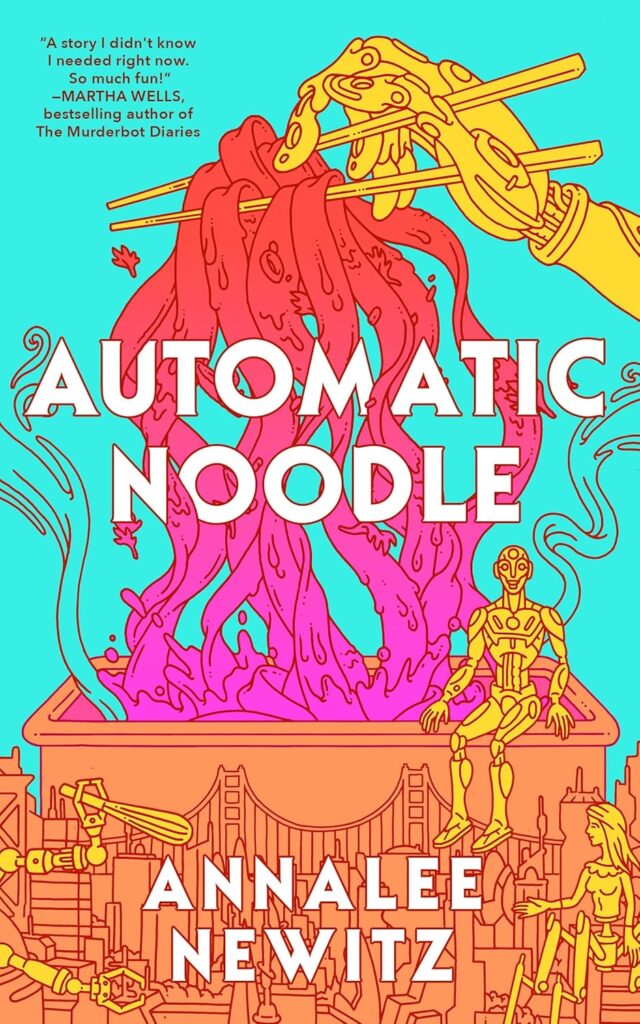
What are some of your favorite elements of writing? What do you consider some of the most frustrating/challenging?
First drafts are the hardest! My favorite part is worldbuilding and researching. I love calling up researchers and asking them strange questions, like, “How do you think a blockchain would feel if it had emotions?”
Aside from your work, what are some things you would want others to know about you?
I am truly a gigantic fan of noodles. All kinds, whether they are made from soy beans, sweet potatoes, wheat, rice, or something else.
What’s a question you haven’t been asked yet but that you wish you were asked (as well as the answer to that question)?
What is your favorite kind of robot? Right now, I’m really excited about soft robots, which are robots made from a variety of squishy, stretchy, and bouncy materials. Some of them are even edible!
What advice might you have to give for any aspiring writers?
There is no special, magical thing that you need to do in order to be a writer. If you write, you are a writer. Don’t let anyone tell you otherwise.
Are there any other projects you are working on and at liberty to speak about?
I’m in the middle of writing my next novel, which is about a graduate student from beyond the galaxy, who comes to Earth during the last days of Pompeii and falls in love. Don’t worry! It doesn’t end in ashes.
Finally, what books/authors (LGBTQ+ or otherwise) would you recommend to the readers of Geeks OUT?
I’m finally reading Megan Giddings’ absolutely incredible novel THE WOMEN COULD FLY, which is about an alternate U.S. where witch trials are still happening (mostly to Black women) – and magic is real. It’s riveting and feels deeply realistic. I also utterly adore C.L. Polk’s work overall, but for sapphic, witchy fun, you have to read EVEN THOUGH I KNEW THE END. Other recommendations! Nghi Vo’s Singing Hills series, a very queer series about a cleric and their bird companion, hunting for memorable stories in a world of Asian myths and sexy.
Other recommendations! Nghi Vo’s Singing Hills series, a very queer series about a cleric and their bird companion, hunting for memorable stories in a world of Asian myths and sexy monsters. Malka Older’s Mossa and Pleiti mysteries, about a detective and her brilliant scientist girlfriend, solving mysteries on Jupiter. So cozy!

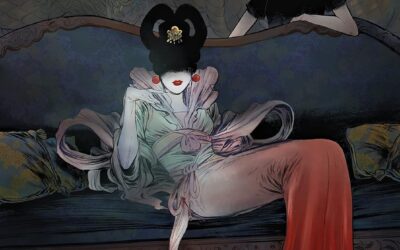
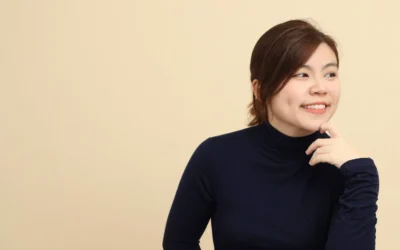
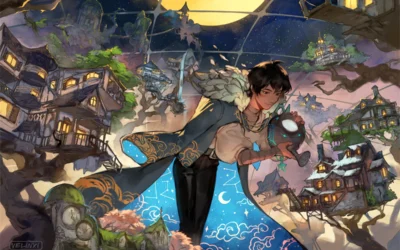
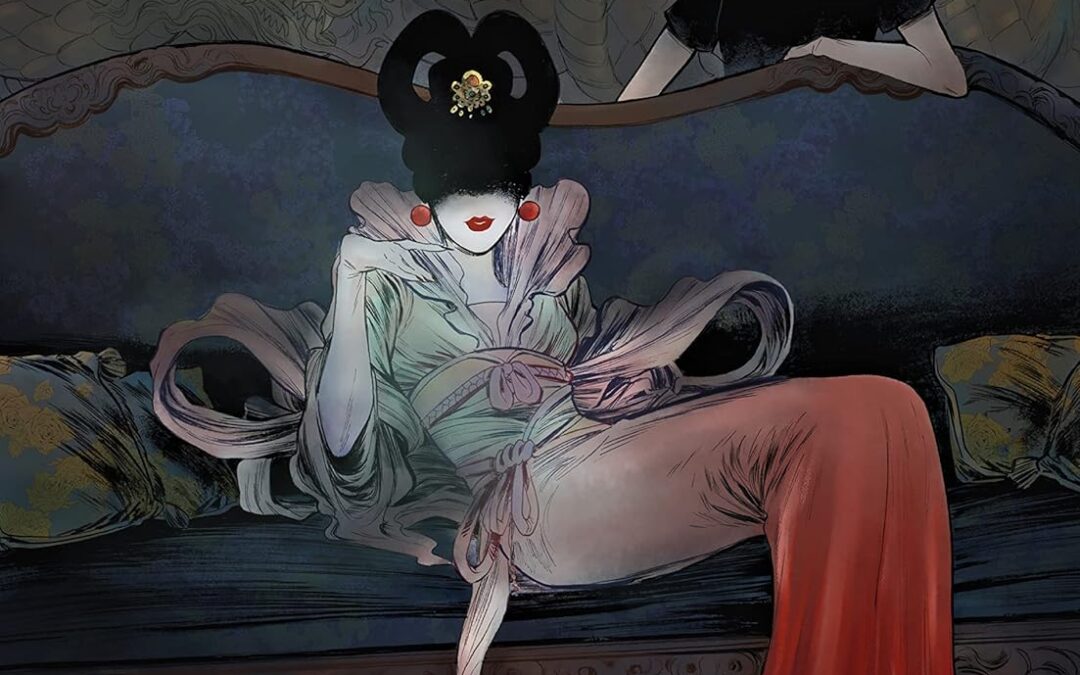

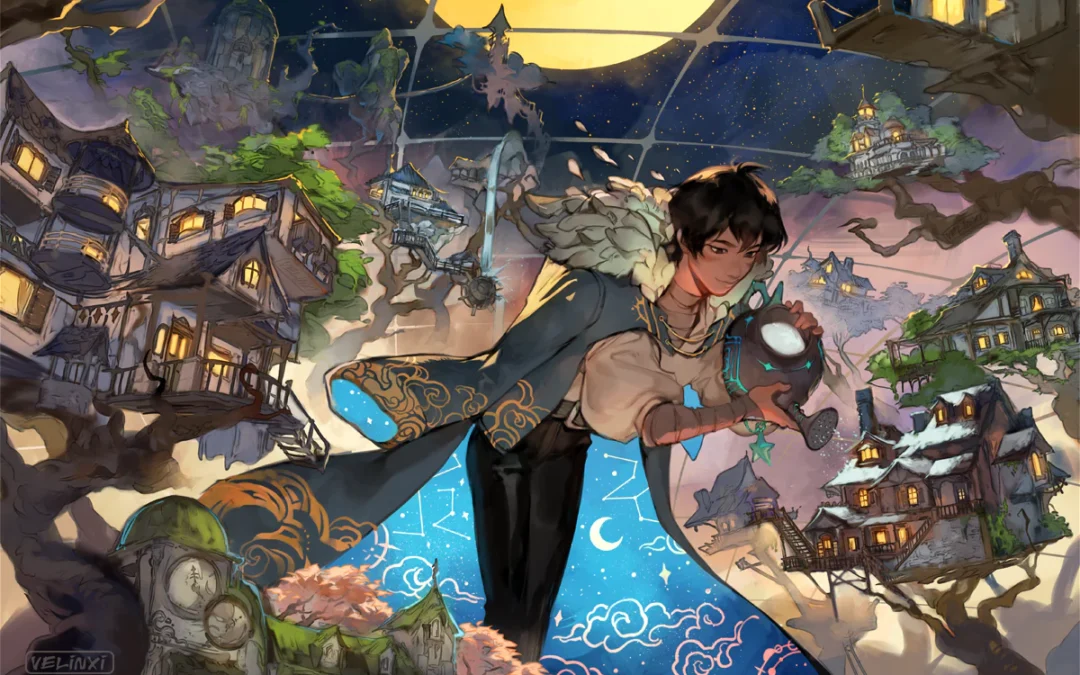
0 Comments